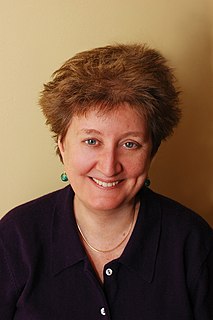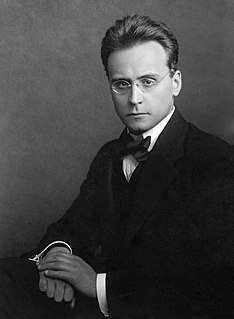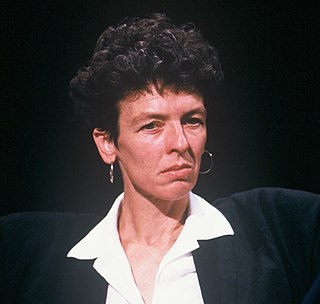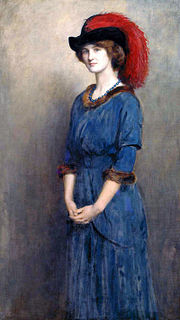A Quote by Katha Pollitt
We do not have the idea that all children are valuable parts of society. We only have the idea that our own children are.
Related Quotes
Children are our crop, our fields, our earth. They are birds let loose into darkness. They are errors renewed. Still, they are the only source from which may be drawn a life more successful, more knowing than our own. Somehow they will do one thing, take one step further, they will see the summit. We believe in it, the radiance that streams from the future, from days we will not see. Children must live, must triumph. Children must die; that is an idea we cannot accept.
I think when we talk about corporal punishment, and we have to think about our own children, and we are rather reluctant, it seems to me, to have other people administering punishment to our own children, because we are reluctant, it puts a special obligation on us to maintain order and to send children out from our homes who accept the idea of discipline. So I would not be for corporal punishment in the school, but I would be for very strong discipline at home so we don't place an unfair burden on our teachers.
It has been noticed that people who are not parents often have a peculiar fondness for children. This is sometimes attributed to a very beautiful nostalgia for a gift denied to them - dream-children, flowers that have only bloomed in imagination - but we think it is rather because they have not the faintest idea how dreadful children are.
There's a radical - and wonderful - new idea here... that all children could and should be inventors of their own theories, critics of other people's ideas, analyzers of evidence, and makers of their own personal marks on the world. Its an idea with revolutionary implications. If we take it seriously.
Parents ought, through their own behavior and the values by which they live, to provide direction for their children. But they need to rid themselves of the idea that there are surefire methods which, when well applied, will produce certain predictable results. Whatever we do with and for our children ought to flow from our understanding of and our feelings for the particular situation and the relation we wish to exist between us and our child.
We are still in various kinds of patriarchal systems. The very definition of patriarchy is that men control women as the means of reproduction, so the idea that a woman's main role is to have children often means society wants more workers, more soldiers. The idea that how many children we have should be controlled by the family, the church, the nation - by anyone but women themselves - is still very deep and very strong.
Our contemporary society is experimenting with the diminishment of caregivers for children. Some children are raised through crucial stages of life by only one person. This one person, who strives to give the best, may be overwhelmed, busy, trying to raise many children. And even in homes with two parents, many children are essentially alone.
Each of us must come to care about everyone else's children. We must recognize that the welfare of our children and grandchildren is intimately linked to the welfare of all other people's children. After all, when one of our children needs lifesaving surgery, someone else's child will perform it. If one of our children is threatened or harmed by violence, someone else's child will be responsible for the violent act. The good life for our own children can be secured only if a good life is also secured for all other people's children.







































